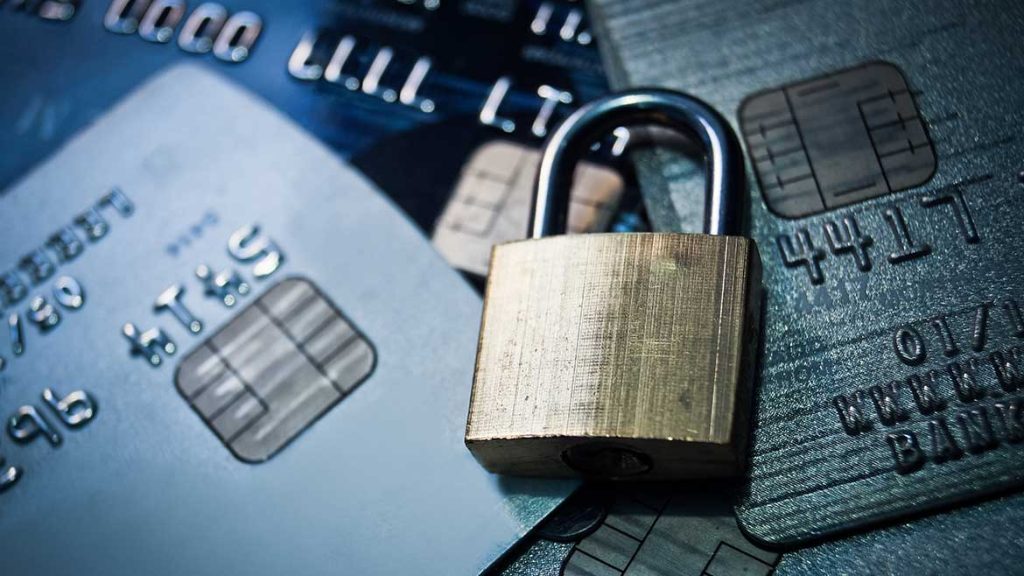In today’s digital age, protecting your financial information is more important than ever. Seniors, in particular, can be targets for scams and fraud because they are often seen as more trusting and may not be as familiar with modern technology. However, with a few simple steps and precautions, you can safeguard your financial information and avoid falling victim to scams.
This blog will guide you through some essential tips to keep your financial information secure, whether you are handling your finances online, over the phone, or through the mail. Taking the time to protect yourself can provide peace of mind and help you manage your finances safely and confidently.
Be Aware of Financial Scams
One of the biggest threats to your financial safety is scams designed to trick you into revealing sensitive information. Scammers can use phone calls, emails, or even fake websites to try and get you to share personal information, like your bank account number, Social Security number, or credit card details. Once they have this information, they can steal your money or commit identity theft in your name.
It’s important to be cautious when you receive unexpected phone calls or emails. If someone asks for your financial information, such as your bank account or credit card number, it’s best to hang up or ignore the message. Reputable companies and financial institutions will never ask for personal information over the phone or email. If you are unsure whether a request is legitimate, you can always contact the company directly using a phone number or website you trust, not one provided in the suspicious message.
Also, watch out for offers that seem too good to be true, like promises of winning a large amount of money or a prize. Scammers often use these tricks to get you excited and make you act quickly without thinking. Take your time, and never rush into giving out your financial information.
Keep Your Personal Information Secure
Keeping your personal and financial information secure is one of the most important steps in protecting yourself from fraud. One way to do this is by keeping your sensitive documents in a safe place. Avoid leaving bank statements, credit card bills, or tax documents lying around your home where they could be easily found by others. Instead, store them in a locked drawer or safe.
When it comes to disposing of sensitive information, don’t just throw them in the trash. Shred any paperwork that contains personal or financial information before throwing it away. Scammers can go through the trash to find valuable information, so shredding documents helps prevent them from getting their hands on it.
Online, it’s important to be just as cautious. Use strong, unique passwords for all of your financial accounts and change them regularly. Avoid using easily guessed passwords, like your name or birthdate. Instead, use a combination of letters, numbers, and symbols to make it harder for hackers to access your accounts.
Use Secure Websites
If you manage your finances online, it’s crucial to use secure websites when entering any personal information. Always look for the padlock symbol in the browser’s address bar, and make sure the web address starts with “https” instead of “http.” The “s” at the end stands for “secure,” meaning the website is using encryption to protect your data.
Be wary of links sent to you through email or text messages, especially if they claim to be from your bank or another financial institution. Scammers often create fake websites that look like the real thing, hoping you’ll enter your login information. Instead of clicking on the link, type the website address into your browser manually to ensure you are going to the correct site.
It’s also a good idea to enable two-factor authentication on your online accounts, including your bank and credit card accounts.
Monitor Your Accounts Regularly
One of the best ways to protect yourself from financial fraud is to monitor your accounts regularly. Check your bank and credit card statements every month to make sure there are no unauthorized transactions.
Many banks and credit card companies offer alerts that can notify you of large transactions, unusual activity, or low account balances. Signing up for these alerts can help you spot potential fraud as soon as it happens, allowing you to take action right away.
If you’re not comfortable checking your accounts online, you can always request paper statements from your bank and review them carefully each month. Keeping track of your transactions can give you peace of mind and help you spot any issues early.
Avoid Sharing Information on Public Wi-Fi
Using public Wi-Fi can be convenient, but it can also put your financial information at risk. Public Wi-Fi networks are often not secure, meaning hackers can easily access your personal data if you’re not careful.
If you need to access your bank account or enter any personal information online, it’s best to do so from a secure, private internet connection, like the one in your home. Avoid using public Wi-Fi in places like coffee shops, airports, or hotels for any financial transactions.
If you must use public Wi-Fi, consider using a virtual private network (VPN) to encrypt your internet connection. A VPN adds an extra layer of security by making it more difficult for hackers to intercept your data.
Protect Your Credit
Your credit report is a detailed record of your financial history, and it’s important to check it regularly to make sure everything is accurate. Scammers may try to open credit accounts in your name without your knowledge, and checking your credit report can help you catch these issues early.
Review your credit report for any accounts or loans you don’t recognize, and report any suspicious activity to the credit bureau immediately.
If you’re concerned about identity theft, you can also consider placing a fraud alert or credit freeze on your credit report. A fraud alert warns creditors to take extra steps to verify your identity before opening a new account in your name. A credit freeze prevents anyone from opening new credit accounts in your name without your permission.
Be Cautious with Phone Calls
Phone scams are a common way for fraudsters to target seniors. Scammers may call pretending to be from your bank, a government agency, or another organization, asking for personal information. Some scammers may even threaten legal action if you don’t comply.
If you receive a suspicious call, hang up immediately and contact the organization directly using a number you know is legitimate.
Conclusion
Protecting your financial information is crucial, especially as a senior. With scammers becoming more sophisticated, it’s important to stay vigilant and take proactive steps to safeguard your finances. By being aware of scams, securing your personal information, using strong passwords, and regularly monitoring your accounts, you can reduce your risk of financial fraud.
Whether you’re managing your money online or offline, these simple steps can help you keep your financial information safe and give you peace of mind. Remember, if something doesn’t feel right, trust your instincts, and don’t be afraid to take your time or seek help when needed. By staying cautious and informed, you can protect your financial future and enjoy your retirement with confidence.

